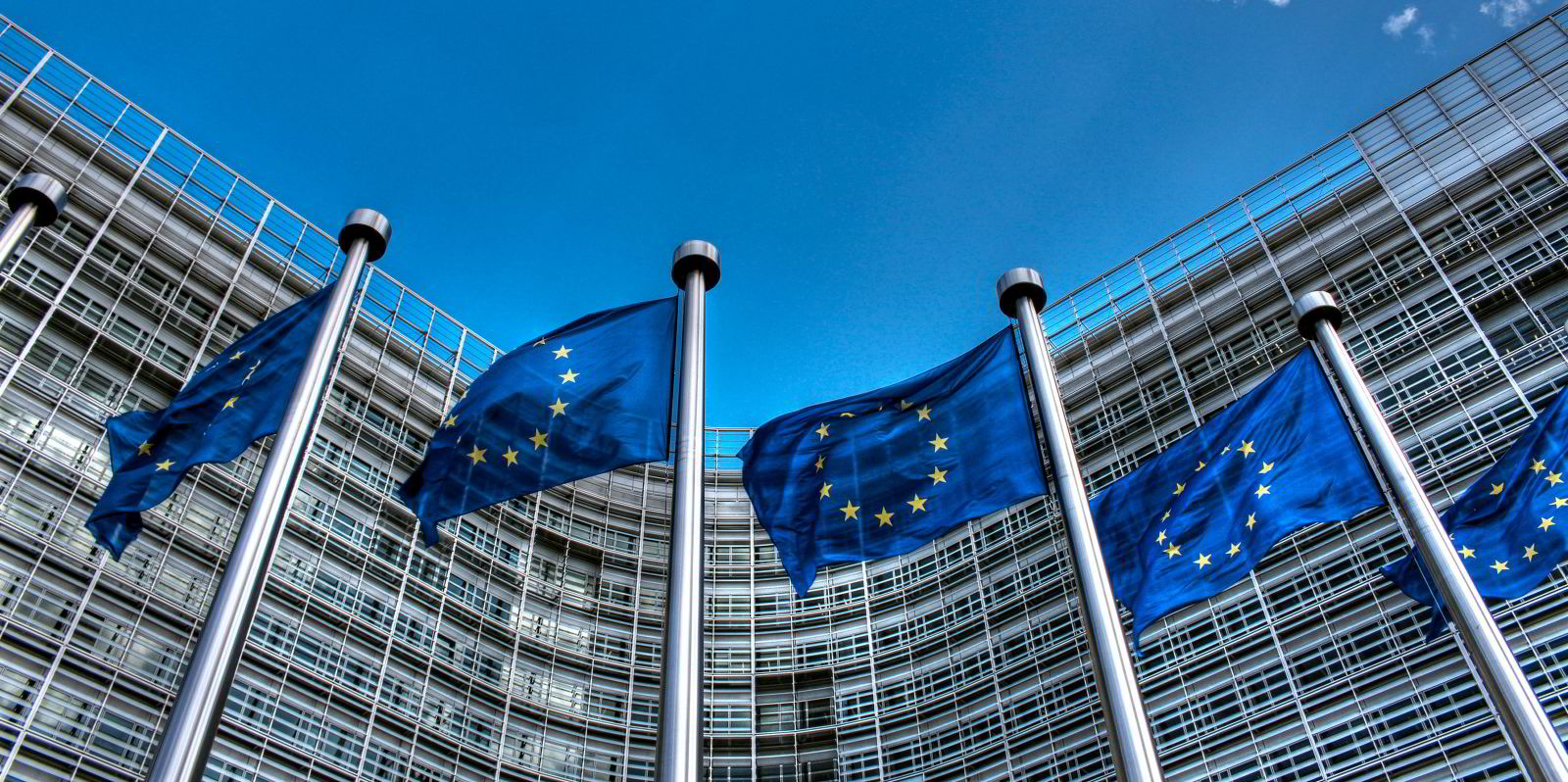In many ways, shipping’s entry into the European Union’s Emissions Trading System is already here.
With the official start date just over a month away, voyages that will be subject to what is effectively a floating tax on carbon emissions may have already started.
As I worked on stories with my colleagues for TradeWinds’ recently published special report on the start of emissions trading, the overarching question in my mind was whether shipping is ready for this new regime, in which vessel operators will have to pay for the right to pollute.

But the question I ended up also asking was this: is EU emissions trading ready for shipping?
One reason is that if a shipping company wants to buy carbon credits known as EU Allowances to cover voyages today, they may struggle to even open up an account, among other bureaucratic hurdles.
Here are some of the stories from the Carbon Markets Business Focus:
_____________
Carbon emissions trading has arrived but at what cost?
Less than a month remains before the European Union’s Emissions Trading System enters into force and time is running short for shipping companies to prepare for the regime and manage their costs.
But Holly Birkett reports that there is a growing understanding of the incoming rules and the practical steps needed to comply.
However, unknowns remain over the visibility of future pricing for EU Allowances, known as EUAs, which complicate planning processes for shipping companies and could drive up costs.
Click here to read the story (requires TradeWinds subscription).
_____________
Want to start trading EU carbon credits now? Watch out for the bureaucratic logjam
Experts believe shipowners and operators will want to begin buying carbon credits known as EU Allowances right away when their vessels carry out voyages, rather than wait until they must be surrendered to regulators in 2025, to avoid exposure to rising prices.
But it is not clear whether all shipping companies will be able to, as a bureaucratic logjam makes it difficult for some — particularly those without a presence in the EU — to open an account to store their allowances.
The EU is planning to create so-called maritime operator holding accounts for shipping companies to deposit their allowances until the point at which they need to be utilised, but those are scheduled to be ready in February, after shipping enters the trading system at the end of the year.
As an alternative, shipowners and operators can open what experts refer to as trading accounts in the interim — but there is a catch.
These accounts are administered by registries in individual EU member states, and most require a local entity in the country, according to experts.
Some countries such as Malta and Cyprus have made it easier for non-EU companies, but they are facing application backlogs, causing a long bottleneck.
______________
BRS floats alternative EU carbon clause amid uncertainty
BRS Shipbrokers is offering clients its own detailed contract clause for time-charter deals as a way for vessel owners and charterers to clear up responsibilities in the looming European Union Emissions Trading System.
The move by the carbon desk at the Paris-headquartered broking house comes as an alternative to a contract clause by Bimco published a year ago, as the shipping association prepares to finalise clauses for additional contractual provisions.
Entering EU emissions trading has a number of contractual implications for shipping, particularly when it comes to time-charter deals.
______________
Podcast: The next steps in making Bangladesh’s ship recycling sector greener
Ship recycling in Bangladesh has already made leaps and bounds since Norwegian officials began working to make the industry greener and safer in 2015.
Now, the Safe and Environmentally Sound Ship Recycling project has entered a new phase as new global rules loom.
The latest episode of the Green Seas podcast welcomes Espen Rikter-Svendsen, the Norwegian ambassador in Bangladesh, to share insights on the path ahead.



